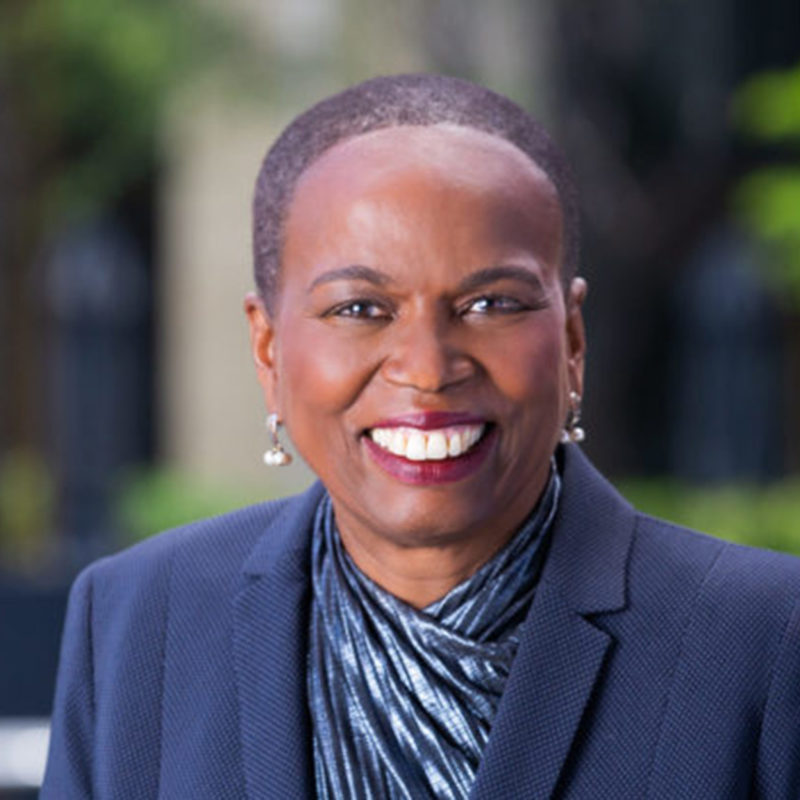This article originally appeared on July 11, 2023 on The Center for Effective Philanthropy's website.
This article originally appeared on July 11, 2023 on The Center for Effective Philanthropy's website.
In their recent report, State of Nonprofits 2023: What Funders Need to Know, the Center for Effective Philanthropy is doing all of us an incredible service by lifting up the experiences and perspectives of nonprofits around the country in this uncertain moment. I am intrigued to see how the new report’s findings mirror so closely with what I hear from leaders of the nonprofits we support at The California Wellness Foundation — especially on the issue of staffing.
In recent meetings with our community partners, large or small, the conversations quickly focus on recruiting and retaining talent. A leader of a statewide policy nonprofit recently shared with me that he lost his third top director in a year. Similarly, when I asked a recently appointed head of a major arts organization about their first year on the job, they said they had spent most of the year recruiting talent to replace several unexpected vacancies on their executive team.
Our program staff are hearing the same things. For the most part, right now, it’s not financial capital issues that are keeping nonprofit leaders up at night; it’s human capital issues. Folks are exhausted and stretched as they strive to meet the needs of the communities they serve, while at the same time struggling with the day-to-day pressures on their teams and wondering how to keep their organizations and their people vibrant and strong.
We’re all seeing and feeling these pressures — it’s a regular topic of conversation at just about every foundation CEO table I am on. All organizations are navigating new and different challenges related to COVID’s long tail and this unprecedented period of racial reckoning, natural disasters, and more. But we in the philanthropic sector are in a position of privilege. We have the resources to respond to these challenges: sophisticated and fully staffed HR departments; IT departments to support people working remotely; search firms to fill vacant roles, alongside resources to backfill with temp and consultant support; and, of course, the ability to offer above-average pay and benefits, including sabbaticals, generous paid time off and leave, mental health support, and more.
Frontline nonprofits, not so much. It’s remarkable that fully half of nonprofit leaders tell CEP that staffing is a key pain point, while only one-quarter say the same about fundraising and funding.
What’s heartening in the CEP survey is that nonprofit leaders actually give funders credit for some favorable changes in practice. These include more unrestricted support, streamlined application and reporting processes, and other practices that chip away at the burdens that philanthropy historically has imposed on nonprofits.
But in order for philanthropy to truly respond to the day-to-day needs of our grantee partners, the CEP survey (and my own conversations with Cal Wellness grantees) lift up additional possibilities for action. Five immediately come to mind:
The CEP report lifts up critical challenges facing the nonprofits we support. As these challenges continue to play out, and as the possibility of recession begins to crimp fundraising across the sector, funders can’t afford to be bystanders simply wringing our hands about the trends we’re seeing. We also can’t afford to rest on our laurels even if we have adopted many of the best practices nonprofits say give them the flexibility they need. We need to move to the next set of best practices for philanthropy, approaches that show we are truly listening and doing everything in our power to help nonprofits build and grow the strong teams they need.

Judy Belk is president and CEO of The California Wellness Foundation, one of California’s largest public health philanthropic institutions. She leads the foundation in pursuing its mission to protect and improve the health and wellness of the people of California, with a core belief that access to quality health care is a human right.